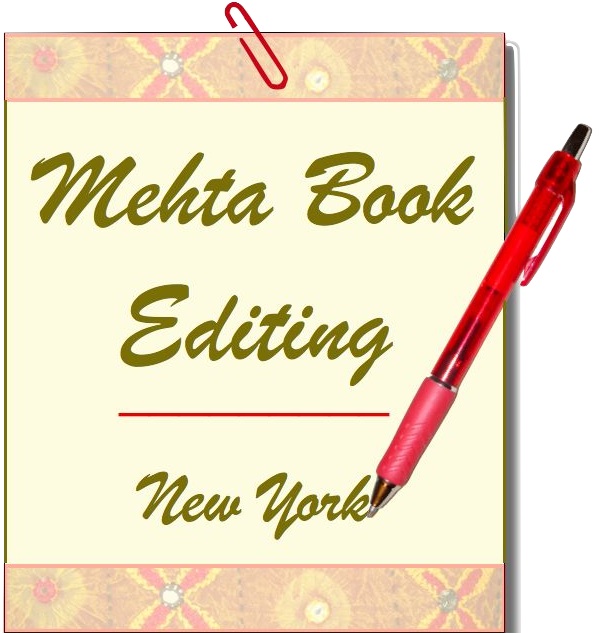Starting Later & Starting Over: Launching a Writing Career When You’re No Longer “Young”
/Judging from the many organizations that offer awards and financial support to writers under 35 or 40 (The New York Public Library, The National Book Foundation, Granta), and the seven-figure deals that seem to be given to more 20-something debut writers than debut writers in any other age group, it would be tough to deny that book publishing is youth-focused. But if this is the case, what explains the success of Pulitzer Prize winner Annie Proulx, who at last fall’s National Book Awards ceremony shared that she started writing at 58? Or that of Frank McCourt, who didn’t begin writing until he was in his 60s? Were these writers more talented than younger writers trying to break in at the same time? Or has the industry started gravitating more toward younger writers in recent years?
Read More





